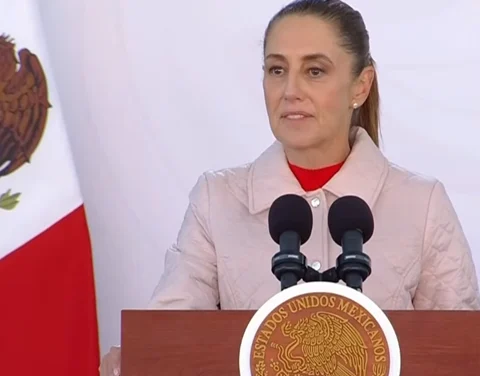Given that information is constant and that financial markets remain open practically around the clock, it is of the utmost importance that decision makers within companies constantly evaluate the variables to make the best choice.
The risks for companies
There are two types of positions regarding foreign exchange risk: The first is that of those companies that prefer to speculate by keeping all their assets and liabilities in local currency (pesos), hoping that foreign currencies will maintain their price in the future, which implies postponing the decision to buy or sell foreign currency.
The second is the one taken by companies that prefer to do business in a safe and planned way, using foreign exchange hedges with the intention of protecting the organization against variations in the exchange rate.
Advantages of currency hedges
Within the financial markets there are participants who only seek to obtain an economic benefit, speculating on the prices of currencies. These do not always have a business need to hedge their foreign currency position; they are known as speculators and have been blamed for causing imbalances that trigger international crises.
It is important to take into account that, in order to face the consequences of what speculators do, it is important to obtain foreign exchange coverage.
These coverages are obtained through different tools and techniques. For example, derivative financial instruments, whose purpose is that the company is in a position to offset the losses it would incur if there were a variation in exchange rates.

















